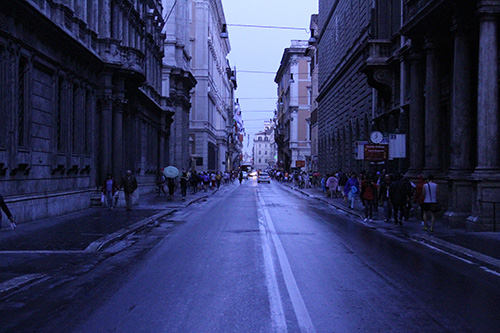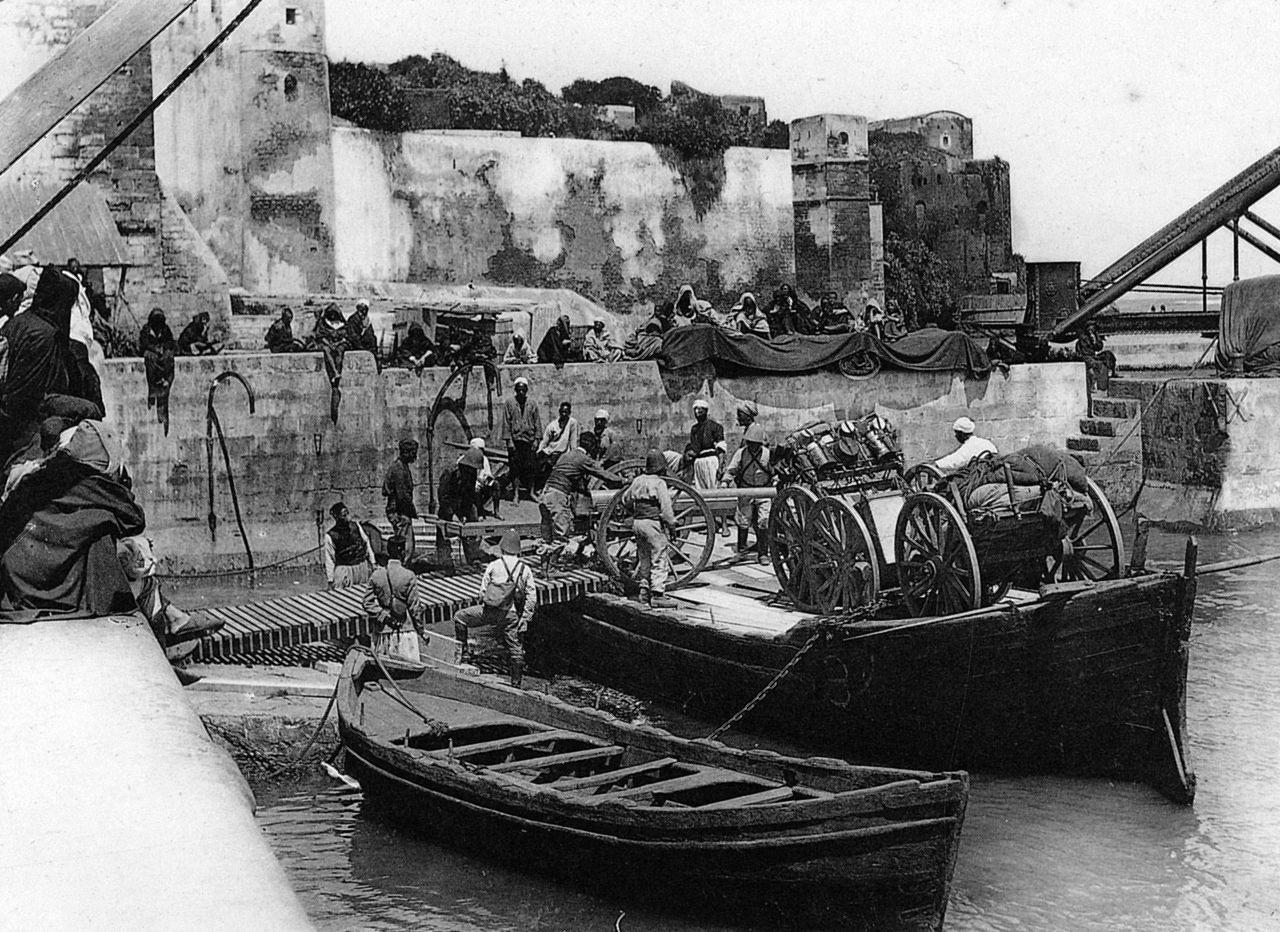Welcome to this post about how crappy the air in Beijing is. Terrific, thanks. And you? Okay everybody take a seat and a dust mask respirator. Here we go.
Do you happen to see the film Interstellar? It’s Matthew McConaughey in a new kind of car commercial… kidding, it’s interesting, if not good – no, it’s thrilling, if an odd-brand of heavy science blockbuster. I enjoyed it. But…
The dilemma constructed to necessitate finding a new planet is the Earth becoming unlivable – mostly, we can’t grow food anymore and there are horrible dust storms and… okay has anyone in Beijing seen the movie? They probably can’t see it because of the pollution, because they are basically living in the movie right now:
A sports class is in full swing on the outskirts of Beijing. Herds of children charge after a football on an artificial pitch, criss-crossed with colourful markings and illuminated in high definition by the glare of bright white floodlights. It all seems normal enough – except for the fact that this familiar playground scene is taking place beneath a gigantic inflatable dome.
“It’s a bit of a change having to go through an airlock on the way to class,” says Travis Washko, director of sports at the British School of Beijing. “But the kids love it, and parents can now rest assured their children are playing in a safe environment.”
The reason for the dome becomes apparent when you step outside. A grey blanket hangs in the sky, swamping the surroundings in a de-saturated haze and almost o
bscuring the buildings across the street. A red flag hangs above the school’s main entrance to warn it’s a
no-go day: stay indoors at all costs. The airpocalypse has arrived.
Come on. And this, bon Dieu:
This year’s Beijing marathon, held on a day that exceeded 400 on the scale, saw many drop out when their face-mask filters turned a shade of grey after just a few kilometres. Some said it felt like running through bonfire smoke. With such hazardous conditions increasingly common, it’s not surprising that foreign companies are now expected to pay a “hardship bonus” of up to 20 or 30% to those willing to work in the Chinese capital.
And yet denial still persists. Many Beijingers tend to use the word “wumai” (meaning fog), rather than “wuran” (pollution), to describe the poor air quality – and not just because it’s the official Newspeak of weather reports. It’s partly because, one local tells me, “if we had to face up to how much we’re destroying the environment and our bodies every day, it would just be too much.” A recent report by researchers in Shanghai described Beijing’s atmosphere as almost “uninhabitable for human beings” – not really something you want to be reminded of every day.
We wouldn’t want that. They won’t even use the right word for it. I know – we have our own problems calling things what they are. And like the Chinese, we know what to do about the proliferation of gun violence and people without healthcare, but also choose to do nothing about it. In this search for clean air getaways and other euphemisms we know what to do and what words to use.
I’m just saying. It’s air. You sort of… need it.It’s just that the power of cinema to show us a believably horrible scenario based on what we are doing right now that is truly too horrifying to contemplate much less address crosses back and forth between enough lines that perhaps we should evacuate the idea that there are any lines between now and then because there might not be. We might be there.
Image: Not from the film Interstellar. At all.






